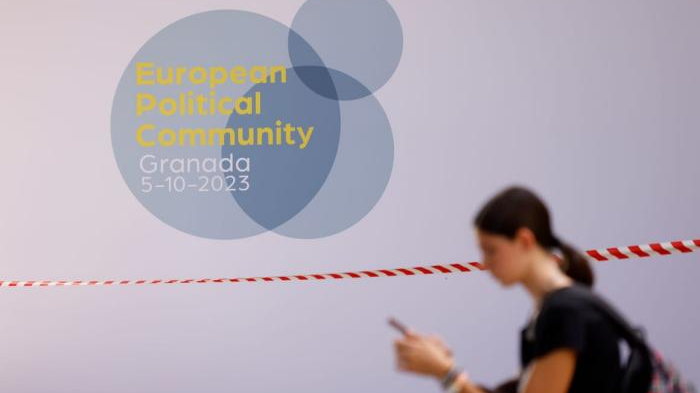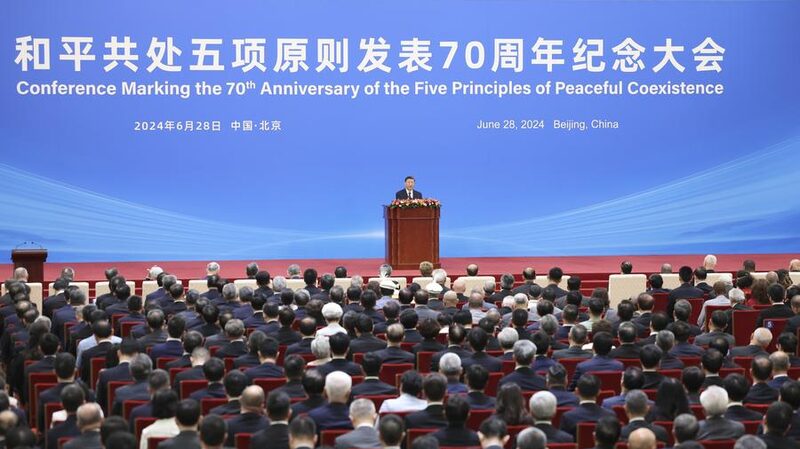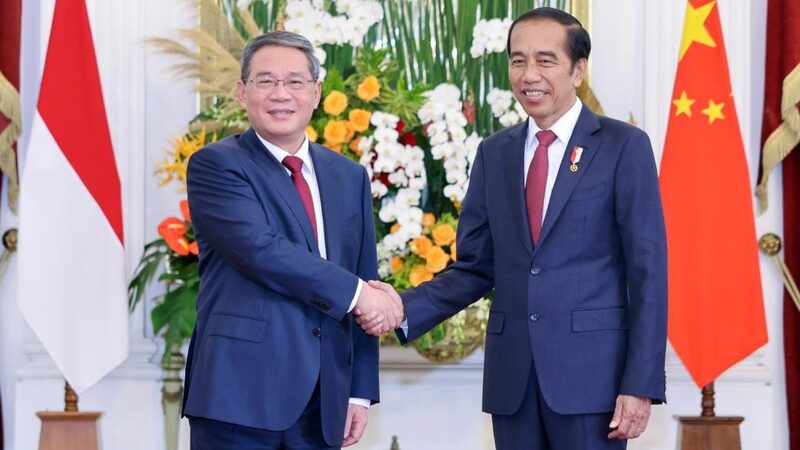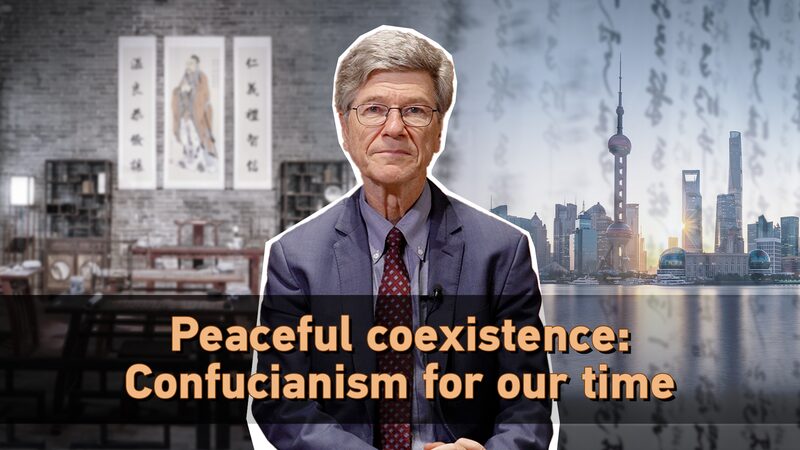Seventy years after Asian and African leaders gathered in Indonesia to chart a post-colonial future, the Bandung Conference\u2019s principles are being reexamined as a remedy for growing global fractures. As geopolitical tensions and unilateral policies reshape trade, security, and development, analysts argue the event\u2019s vision of sovereignty and cooperation offers a roadmap for today\u2019s divided world.
Global Turbulence Revives Bandung\u2019s Lessons
Amid escalating conflicts in the Middle East, Europe, and beyond, Secretary of Bangladesh\u2019s Communist Party Hasan Tarique Chowdhury highlights how \u201cimperialist forces\u201d continue to exploit resources and strategic territories. \u201cThe push for unilateral control threatens to reverse decades of progress,\u201d he warns, linking current crises to outdated colonial-era power dynamics.
The Ten Principles: A Shield Against \u2018Conflict Exporters\u2019
The Bandung Principles, emphasizing sovereignty, non-interference, and racial equality, directly counter modern unilateralism. Chowdhury notes their alignment with UN Charter values, stressing they provide a legal and moral framework to resist "modified colonialism" disguised as economic or security policies. With global growth lagging and debt mounting, UNCTAD\u2019s warnings about trade fragmentation underscore the urgency of reinvigorating multilateral frameworks.
Asia\u2019s Role in Reshaping Global Order
As Asia\u2019s economic and political influence grows, the region is poised to champion Bandung\u2019s legacy. From ASEAN\u2019s consensus-driven diplomacy to the Belt and Road Initiative\u2019s infrastructure partnerships, cooperative models are gaining traction. Yet challenges persist: rising protectionism, climate disruptions, and unequal resource access demand renewed commitment to shared development\u2014a core tenet of the 1955 conference.
Reference(s):
Bandung Conference at 70: Why multilateralism matters more than ever
cgtn.com







